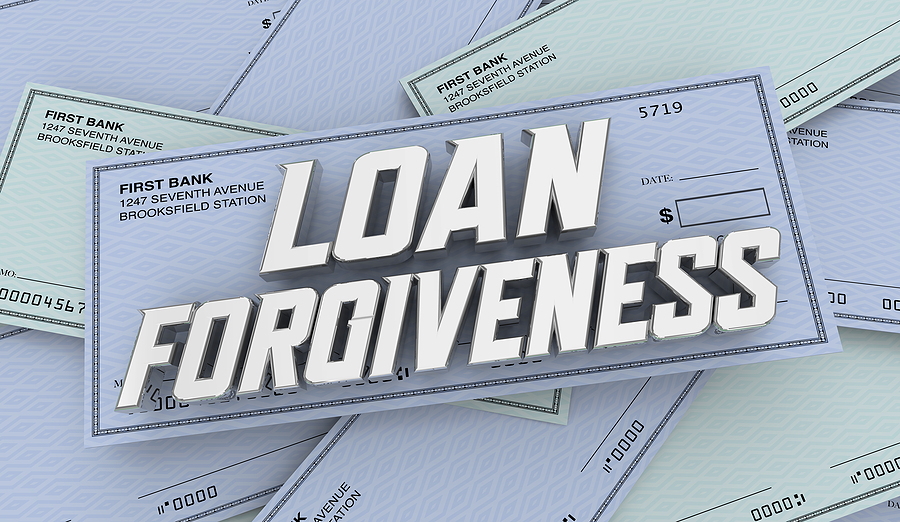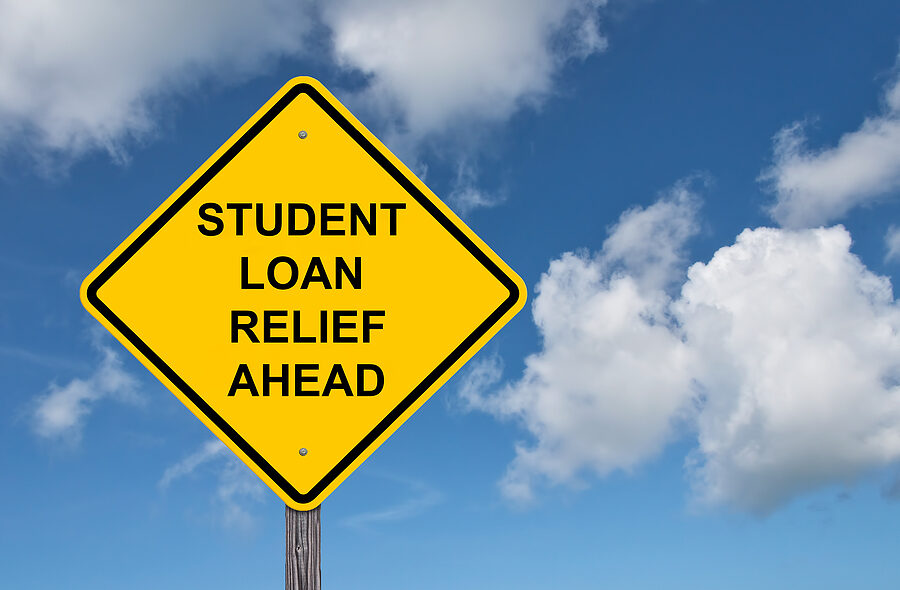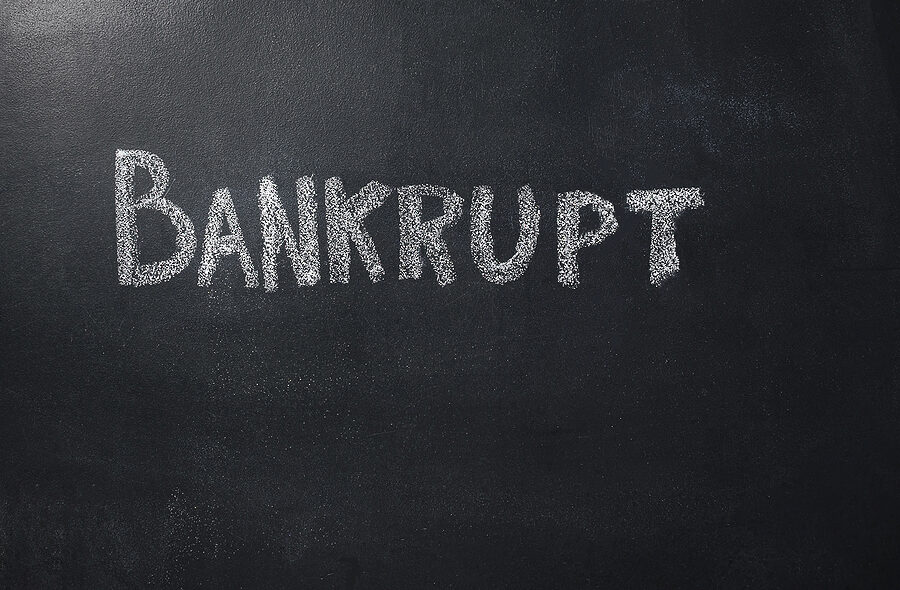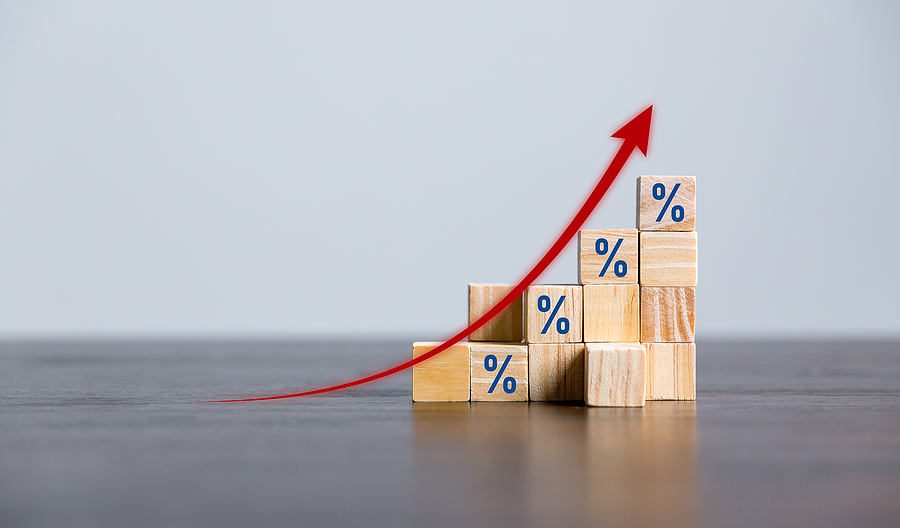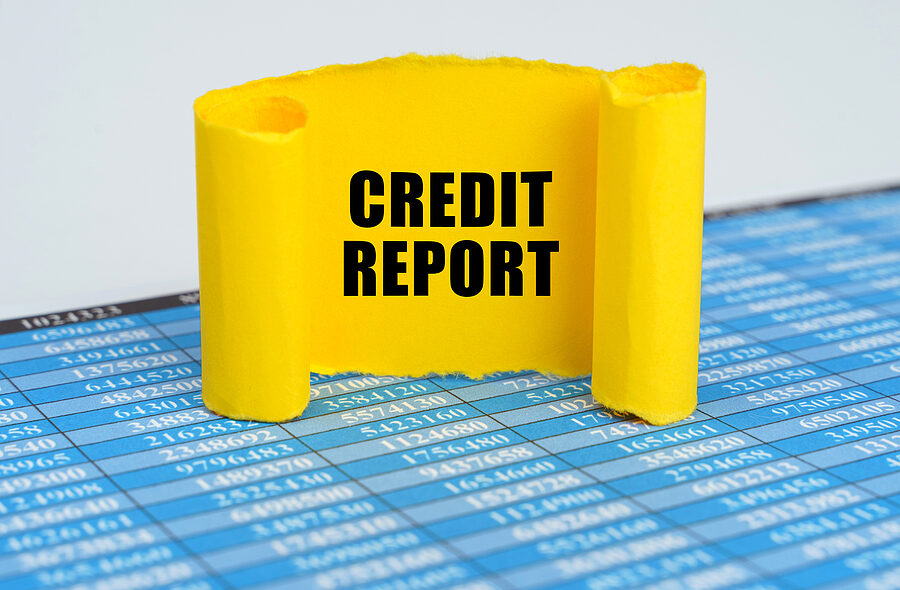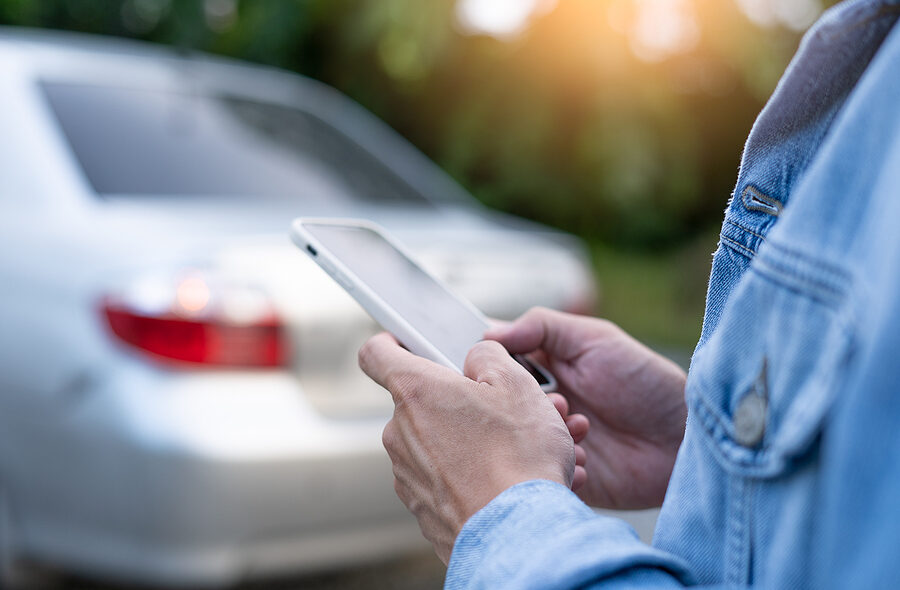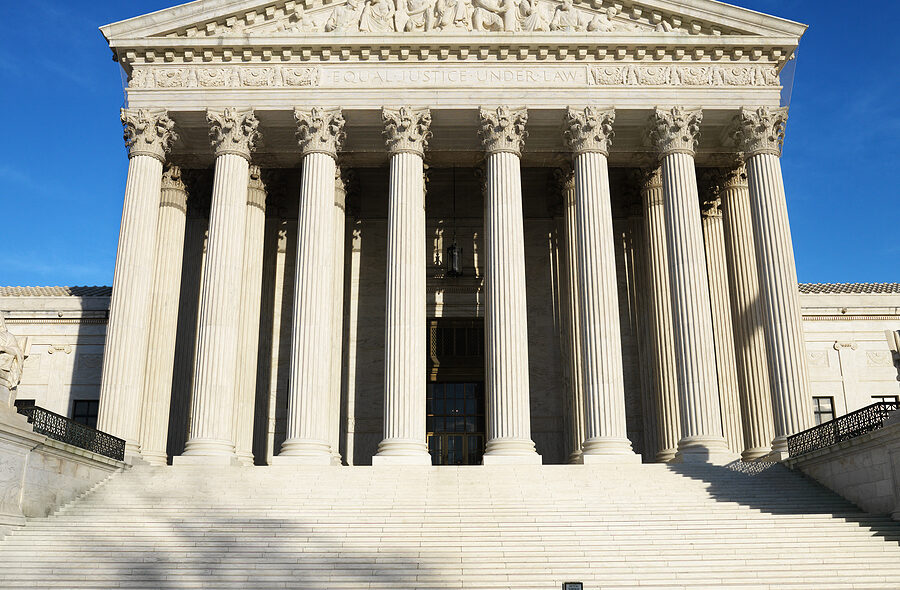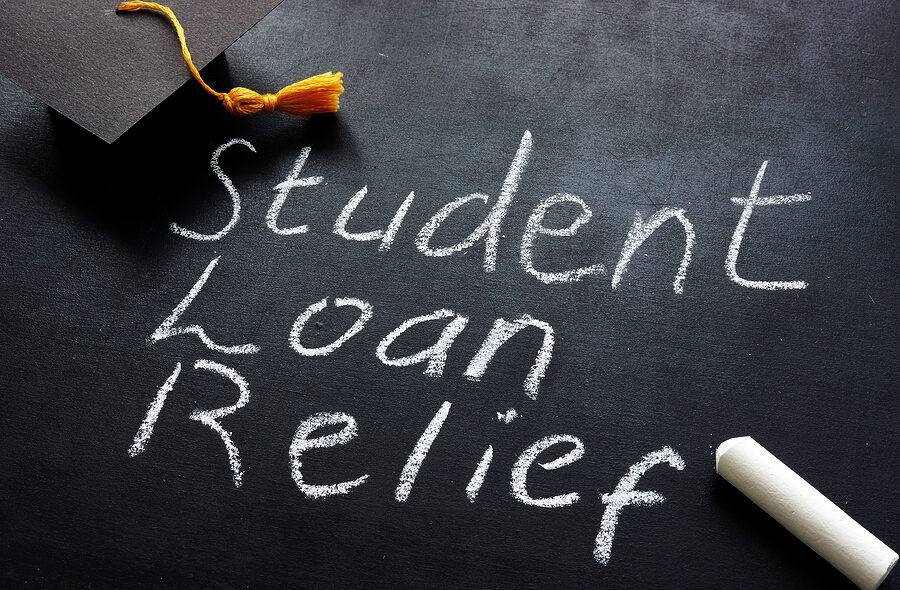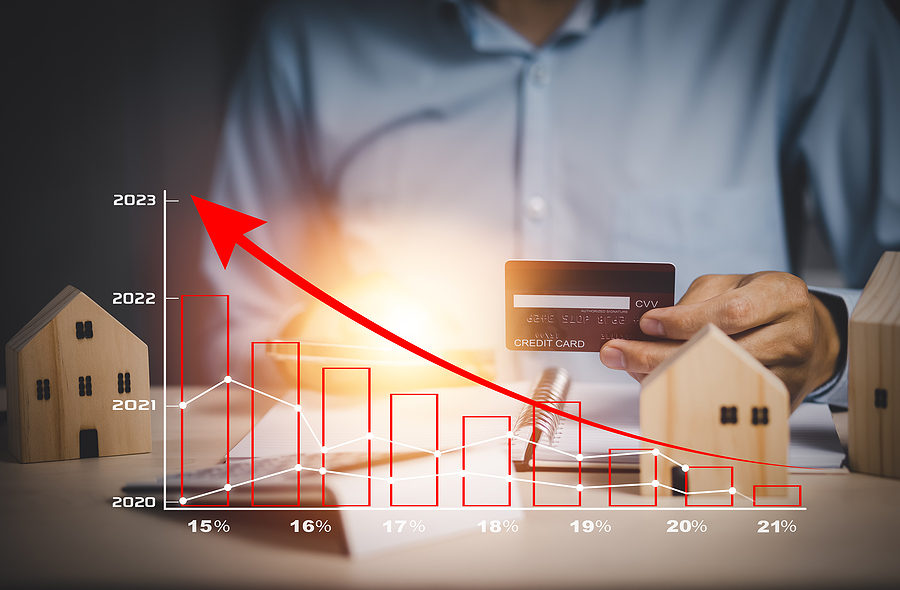Borrowers waiting to see if they could receive student loan forgiveness through the stalled Borrower Defense to Repayment settlement recently received a victory. A federal court of appeals has issued a ruling saying that student loan forgiveness and other debt relief under this program could proceed while the appeal is pending. This ruling affects over 200,000 borrowers.
The case in question is Sweet vs. Carolina. A federal district court ruled in February that the settlement relief involved in this case could proceed. The case involves a class action lawsuit led by thousands of student loan borrowers who were seeking relief from the Education Department. In the lawsuit, the borrowers alleged that the Department had illegally delayed or arbitrarily rejected hundreds of thousands of Borrower Defense to Repayment applications, unfairly blocking borrowers from receiving relief.

